Lee Morgan - Leeway, 1960 (Remastered) (2025) Hi Res
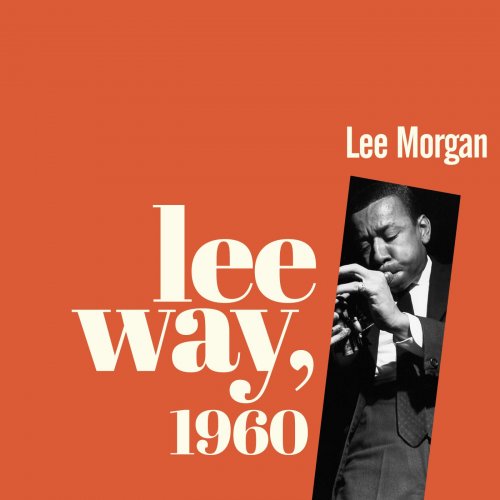
Artist: Lee Morgan
Title: Leeway, 1960 (Remastered)
Year Of Release: 2025
Label: ZOROTY
Genre: Jazz
Quality: 320 kbps | FLAC (tracks) | 24Bit/44 kHz FLAC
Total Time: 00:39:23
Total Size: 90 mb | 235 mb | 433 mb
WebSite: Album Preview
Tracklist:Title: Leeway, 1960 (Remastered)
Year Of Release: 2025
Label: ZOROTY
Genre: Jazz
Quality: 320 kbps | FLAC (tracks) | 24Bit/44 kHz FLAC
Total Time: 00:39:23
Total Size: 90 mb | 235 mb | 433 mb
WebSite: Album Preview
01. Lee Morgan - These Are Soulful Days (Remastered)
02. Lee Morgan - The Lion and the Wolf (Remastered)
03. Lee Morgan - Midtown Blues (Remastered)
04. Lee Morgan - Nakatini Suite (Remastered)
A cornerstone of the Blue Note label roster prior to his tragic demise, Lee Morgan was one of hard bop's greatest trumpeters, and indeed one of the finest players of the '60s. An all-around master of his instrument modeled after Clifford Brown, Morgan boasted an effortless, virtuosic technique and a full, supple, muscular tone that was just as powerful in the high register. His playing was always emotionally charged, regardless of the specific mood: cocky and exuberant on uptempo groovers, blistering on bop-oriented technical showcases, sweet and sensitive on ballads. In his early days as a teen prodigy, Morgan was a busy soloist with a taste for long, graceful lines, and honed his personal style while serving an apprenticeship in both Dizzy Gillespie's big band and Art Blakey's Jazz Messengers. As his original compositions began to take in elements of blues and R&B, he made greater use of space and developed an infectiously funky rhythmic sense. He also found ways to mimic human vocal inflections by stuttering, slurring his articulations, and employing half-valved sound effects. Morgan led his first Blue Note session in 1956 and he would record his first two classic albums for the label during 1957 and 1958: The Cooker and Candy. He broke through to a wider audience with his classic 1963 album Sidewinder, whose club-friendly title track introduced the soulful, boogaloo jazz sound. Toward the end of his career, Morgan was increasingly moving into modal music and free bop, hinting at the avant-garde but remaining grounded in tradition; a sound showcased on his 1970 concert album Live at the Lighthouse. He had already overcome a severe drug addiction, but sadly, he would not live to continue his musical growth; he was shot to death by his common-law wife in 1972.
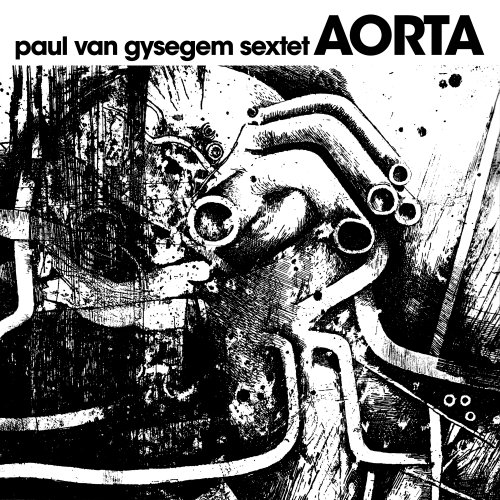
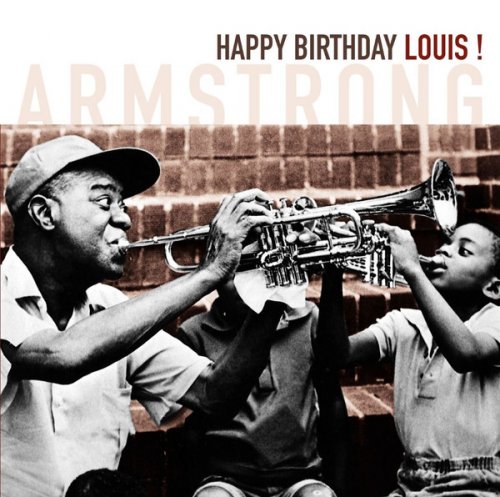
![JJ Whitefield & Forced Meditation - Birth Of Consciousness (2026) [Hi-Res] JJ Whitefield & Forced Meditation - Birth Of Consciousness (2026) [Hi-Res]](https://www.dibpic.com/uploads/posts/2026-01/1769020727_l9wocglubqqub_600.jpg)
![John Ellis & Double Wide - Fireball (2026) [Hi-Res] John Ellis & Double Wide - Fireball (2026) [Hi-Res]](https://www.dibpic.com/uploads/posts/2026-01/1769024773_gle3eu5z1g2du_600.jpg)
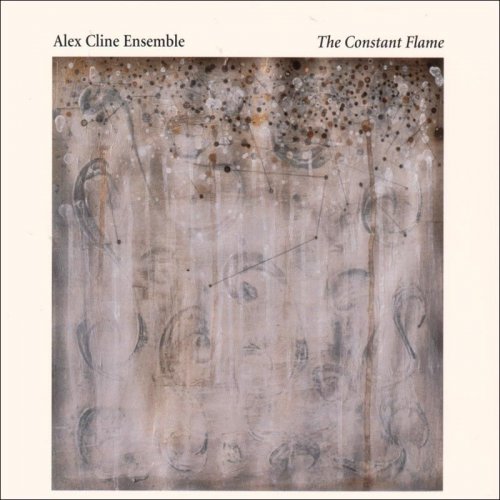
![Wilbur "Bad" Bascomb, Bernard "Pretty" Purdie - The Electric Bass Sessions - Pretty Bad Breaks Volume 1 (1992) [Hi-Res] Wilbur "Bad" Bascomb, Bernard "Pretty" Purdie - The Electric Bass Sessions - Pretty Bad Breaks Volume 1 (1992) [Hi-Res]](https://img.israbox.com/img/2026-01/20/gv9t6qrqztbpkdy0d6lpdor6s.jpg)
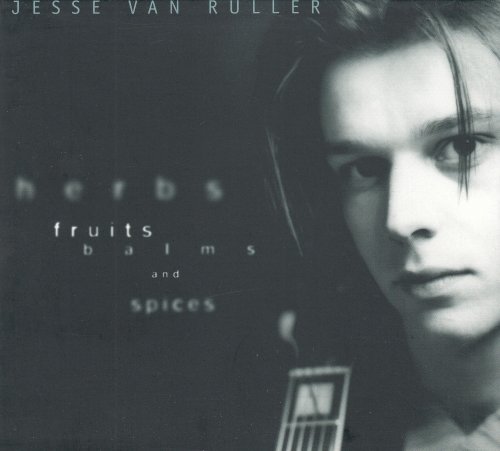
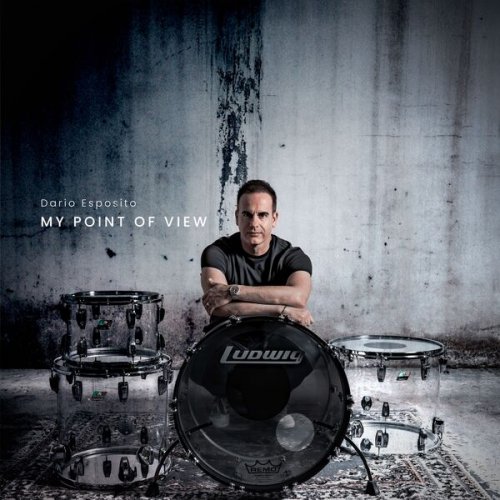
![Alfredo Rodriguez - ¡Take Cover! (2026) [Hi-Res] Alfredo Rodriguez - ¡Take Cover! (2026) [Hi-Res]](https://img.israbox.com/img/2026-01/22/mbs4zm178vlsnlank5d70k6ab.jpg)